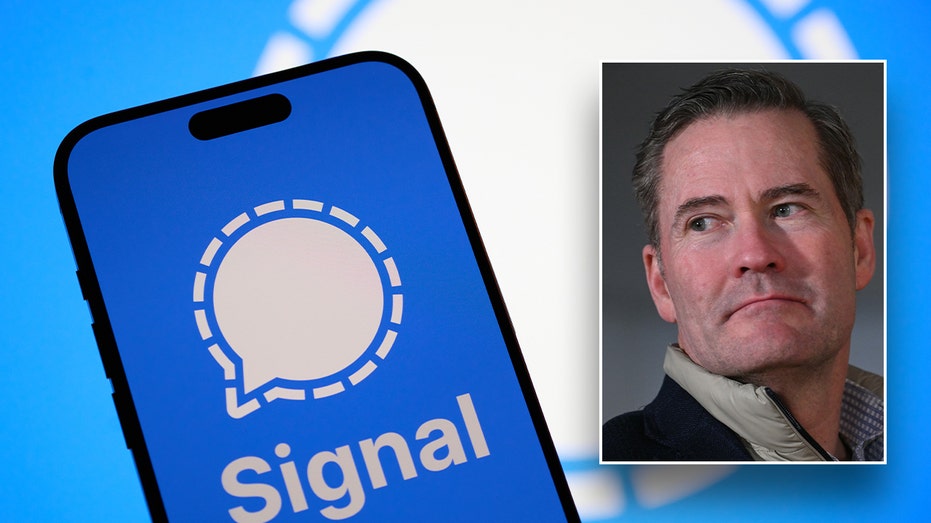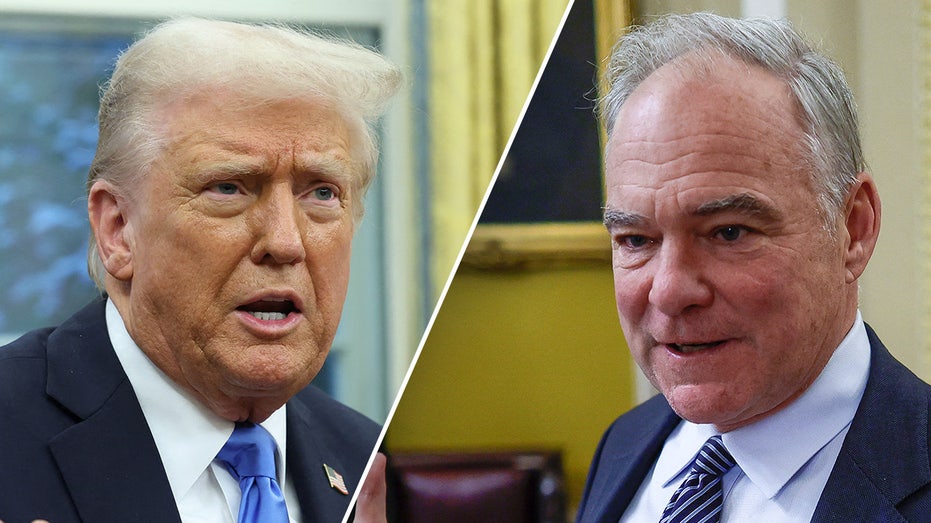Opinion editor’s note: Strib Voices publishes a mix of guest commentaries online and in print each day. To contribute, click here . ••• Shortly before Election Day last November, Gallup reported that “The economy ranks as the most important of 22 issues that U.
S. registered voters say will influence their choice for president.” Crucially, given the salience of this issue, Gallup noted that “Voters view Donald Trump as better able than Kamala Harris to handle the economy, 54% versus 45%.

” Now, a little over two months into his term, President Trump risks tanking his rating on the issue that got him elected. It is hard to keep track of the Trump administration’s trade policies, which are more likely to debut in social media posts than policy papers. Over the course of one day — March 11 — the tariff rate on aluminum and steel imported from Canada went from 25% to 50% at 9 a.
m. before dropping back down to 25% again at 4:30 p.m.
Currently, the Wall Street Journal reports that the administration is considering “imposing global tariffs of up to 20% that would hit virtually all U.S. trading partners.
” A case can be made for the targeted protection of strategic industries, but the Tax Foundation estimates that the Trump administration’s policies would give the U.S. the highest average tariff rate since 1946.
A tariff is a tax. If you import $1 million of steel from Canada, the $250,000 you pay to the government is called a tariff, but it’s just a tax. In analytical terms, it is exactly like a sales tax.
A tariff hike is, then, a tax hike. The Manhattan Institute argues that it would be “the largest peacetime tax increase in America [sic] history outside of World War II,” and it would fall hardest on middle- and lower-income earners. Indeed, while he is touting the tariff hikes as “the biggest tax cut in American history,” White House trade adviser Peter Navarro is also boasting that they will “bring in $600 billion in the next year.
” This is not what Americans squeezed by three years of inflation voted for in November. A CBS News Poll finds that 72% of Americans think the new tariffs will increase prices in the short term and 47% in the long term, and they’re right. If that tariff hike on Canadian steel had gone through, the price would have risen by 20%, and who would pay that? It would be some combination of the Canadian producer in the form of a lower price, the American importer in the form of a lower profit, and the American consumer in the form of a higher price.
Tax incidence — who bears the burden — matters. As a wise man once said, “There is no such thing as a free lunch.” There is no great appetite for these policies outside the administration.
The CBS News Poll finds that 64% of Americans think that the Trump administration is focusing “not enough” on lowering prices and 55% “too much” on imposing tariffs. The justifications for tariff hikes are incoherent in the whole and absurd individually: a tariff that will generate enough revenue to replace the income tax is one where imports continue at such a level that lost American industries are not rebuilt. A tariff threatened only as a bluff must be taken seriously by somebody if it is to succeed, generating economic harm in any event, particularly when it yo-yos up and down over the course of a single day.
Some of the Trump administration’s actions in energy and environmental policy will boost the supply side of the American economy and help bring prices down. But tariffs will offset possibly all of that. The CBS News Poll finds that the share of Americans who expected the administration’s policies to make them better off has slumped from 42% in January to 23% now, while the share expecting to be made “worse off” has risen from 28% to 42%.
Sadly, they may be right. Voters will punish an administration elected on an economic mandate if it acts so contrary to that simply to appease a handful of economic cranks. But they are unlikely to confine their anger to Republicans in Washington.
Minnesota’s Republicans, eyeing favorable prospects in 2026, face no greater threat to those prospects than their own national party leadership’s trade policy. John Phelan is an economist with the Center of the American Experiment, a think tank based in Minnetonka..
Politics
Trump tariffs are bad economics and bad politics
It matters who bears the burden — and voters are noticing.















